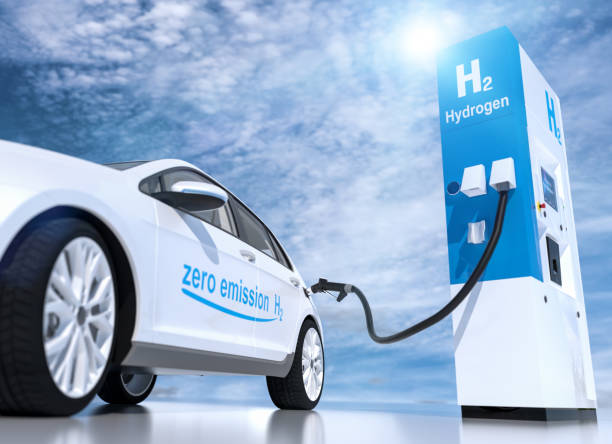The Resurgence of Hydrogen Fuel Cell Technology: A New Chapter in Automotive Innovation
Hydrogen fuel cell technology is not a new concept in the world of automobiles. But in recent years, it's staging a comeback, promising a greener, more efficient future for driving. But what makes this technology so appealing, and what are the challenges it poses?

A Journey Through History: Hydrogen Fuel Cells and Cars
The concept of hydrogen fuel cells was first introduced in the 19th century, but it wasn’t until the mid-20th century that they started being considered for automotive use. Despite the potential benefits, such as zero harmful emissions and high energy efficiency, hydrogen fuel cell cars have been overshadowed by other technologies, largely due to the challenges associated with hydrogen storage and production.
Resurgence of Hydrogen Fuel Cells: Current Trends and Developments
Recently, the automotive world has seen a renewed interest in hydrogen fuel cell technology. Several automakers, including Toyota and Hyundai, have launched hydrogen-powered models, demonstrating a commitment to this alternative fuel source. This resurgence is driven by advancements in hydrogen production methods, storage solutions, and fuel cell efficiency. However, it is not just about technological evolution; it’s also about the growing global emphasis on sustainable and renewable energy sources.
The Impact of Hydrogen Fuel Cell Technology: Benefits and Challenges
The adoption of hydrogen fuel cell technology in cars presents several benefits. Most notably, these vehicles emit only water vapor, making them a truly zero-emission solution. They also have a longer range and faster refueling time compared to electric vehicles. However, challenges persist. The most significant of these is the lack of hydrogen refueling infrastructure, followed by the high cost of hydrogen fuel cells. Furthermore, the production of hydrogen itself often involves fossil fuels, negating some of its environmental benefits.
The Future of Hydrogen Fuel Cell Cars: A Roadmap Ahead
Despite the challenges, the future of hydrogen fuel cell cars looks promising. Efforts are underway to make hydrogen production more sustainable, while investments in infrastructure are ramping up. The cost of fuel cells is also expected to decrease as production volumes increase. As we move towards a greener future, hydrogen fuel cell cars could play a crucial role in the transition. But to do so, automakers, governments, and industry stakeholders must work together to overcome the hurdles and pave the way for this promising technology.
Conclusion
The resurgence of hydrogen fuel cell technology marks a new chapter in automotive innovation. While challenges remain, the potential benefits of this technology make it a compelling area of focus for both automakers and policy-makers. As we continue to explore the possibilities of alternative fuels, the story of hydrogen fuel cell cars serves as a testament to the industry’s relentless pursuit of sustainable mobility solutions.




